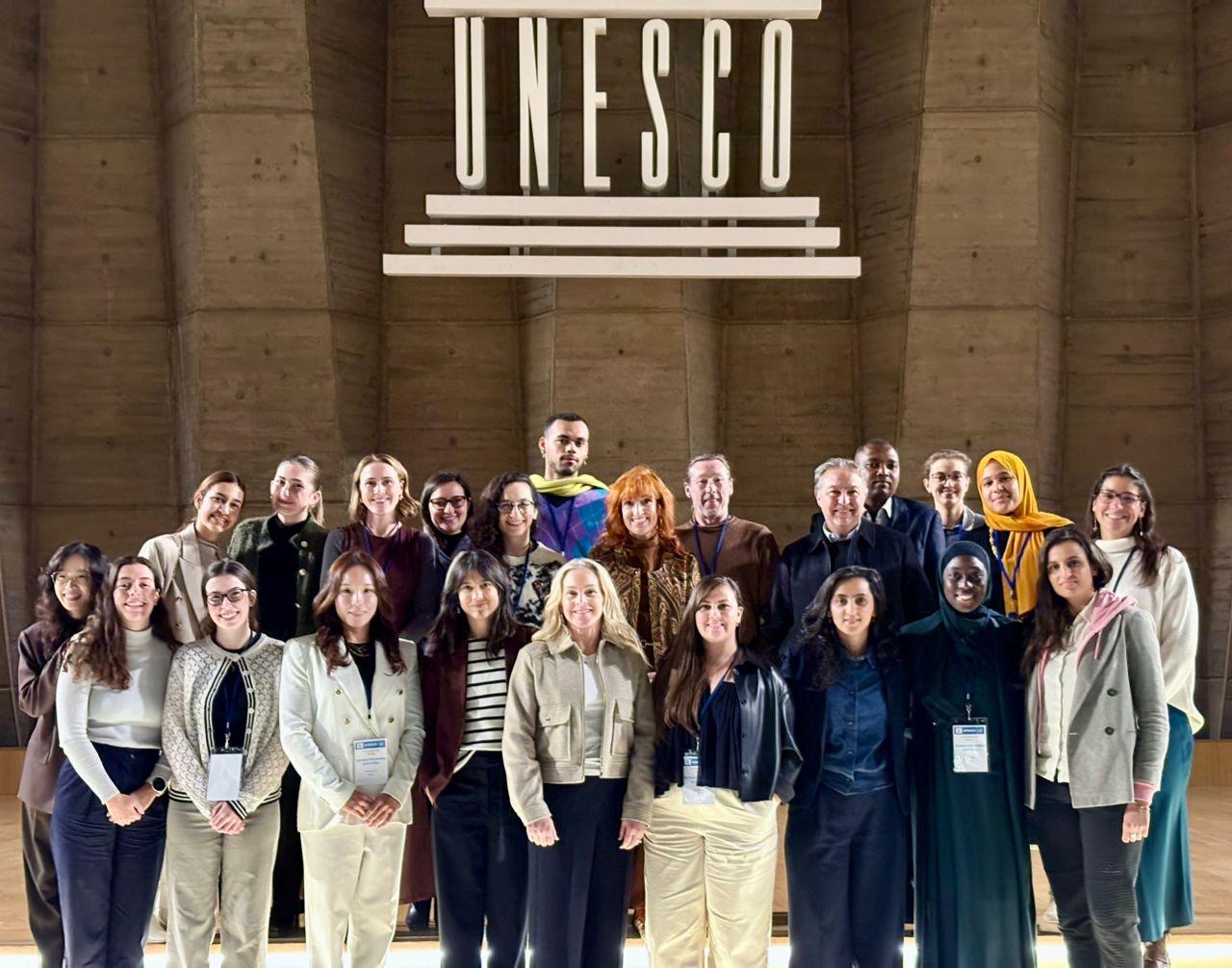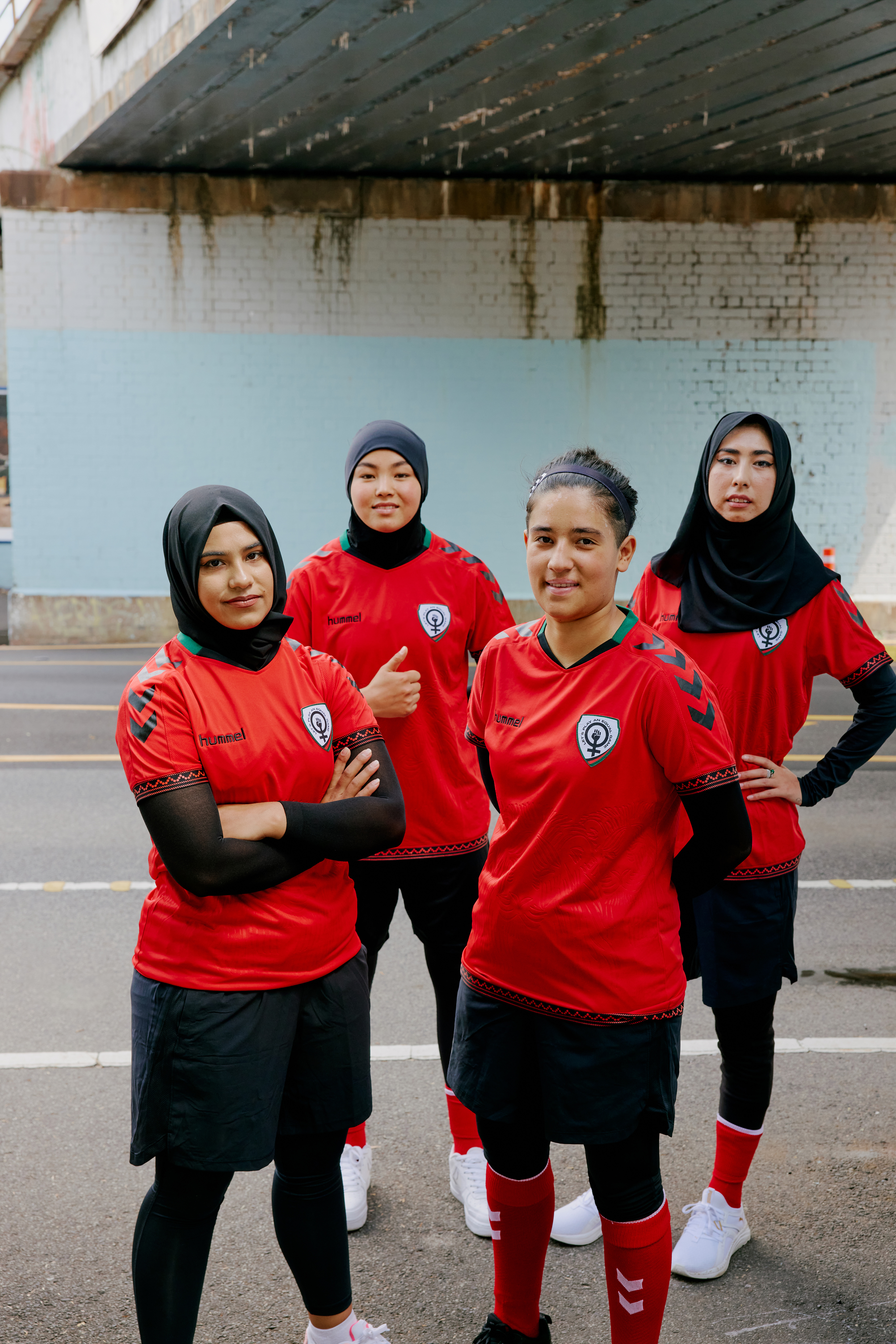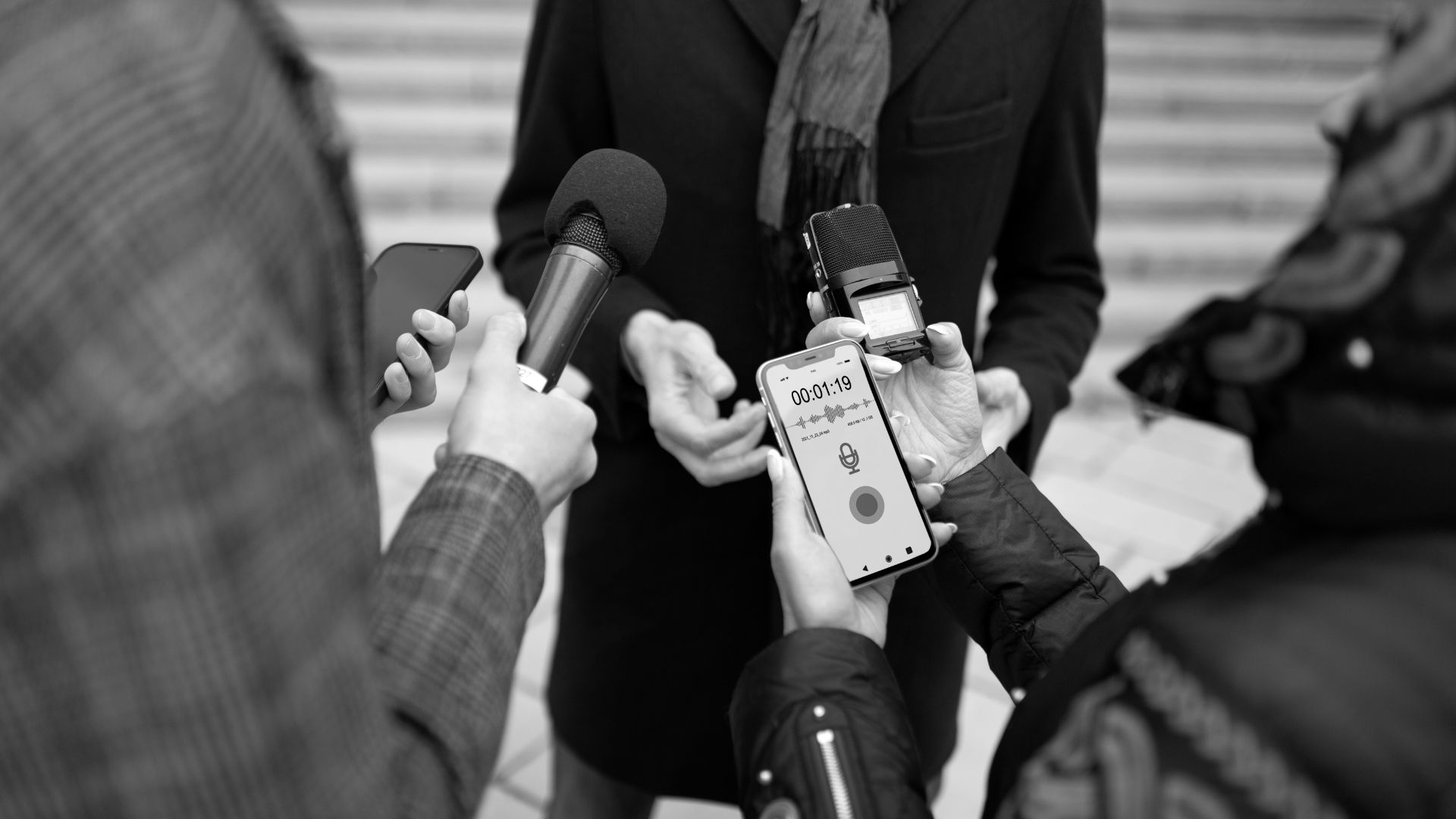Once national heroes, many Belarusian athletes have sacrificed their careers and their freedom by daring to speak out against human rights violations in their country, Amnesty International said today in a new briefing, part of the organization’s #StandWithBelarus campaign. Earlier today Belarusian Olympic athlete Krystsina Tsimanouskaya asked for asylum at the Polish embassy in Tokyo after the Belarusian authorities tried to forcibly return her to homeland.
Athletes interviewed by Amnesty International said that they had been singled out for punishment because sport is particularly important to the President, Alyaksandr Lukashenka, a keen amateur ice hockey player who until December 2020 personally headed the Belarusian National Olympic Committee.
“Belarus’s sporting administration has been subject to direct government control under Alyaksandr Lukashenka. Athletes are favored by the state and honoured by society, and it is not surprising that athletes who speak out find themselves a target for reprisals,” said Heather McGill, Amnesty International’s Eastern Europe and Central Asia Researcher.
“Athletes are favored by the state and honoured by society, and it is not surprising that athletes who speak out find themselves a target for reprisals.”
Heather McGill, Amnesty International’s Eastern Europe and Central Asia Researcher
In August 2020, more than 1,000 athletes signed an open letter calling for new elections, an end to torture and other ill-treatment, and a stop to arrests of peaceful demonstrators. The government’s retaliation was not long in coming.
According to the Sports Solidarity Foundation, an NGO set up to support athletes who suffer reprisals because of their political views, a total of 95 athletes have been detained for taking part in peaceful protests, seven of them have been charged with political offences for their peaceful opposition to the government, and 124 have suffered other forms of repression including 35 athletes and trainers who have been dropped from the national team.
Three times Olympic medalist, Alyaksandra Herasimienia, who has been running swimming training schools for Belarusian children for the last two years after quitting competitive swimming, felt compelled to speak out on social media and was faced with a dilemma:
“I had the choice to speak out or stay silent. We rent swimming pools from the state to hold our courses. All swimming pools are state-owned in Belarus, and therefore I understood if I spoke out my colleagues would suffer and the children too. At first, I didn’t know what to do, but after a few days I realized that I couldn’t stay silent,” she recalls speaking to Amnesty International. Sure enough, within a matter of days, she lost all her contracts with swimming pools across Belarus.
“At first, I didn’t know what to do, but after a few days I realized that I couldn’t stay silent.”
Alyaksandra Herasimienia, three times Olympic medalist
Alyaksandra went on to head the Sport Solidarity Foundation which has successfully lobbied the International Olympic Committee to demand the replacement of Alyaksandr Lukashenka as head of the national Olympic Committee and has ensured that a number of international sporting events have not been held in Belarus.
On 2 April 2021, the Belarusian Investigative Committee announced that it had opened a criminal case against Alyaksandra Herasimienia and her colleague Alyaksandr Apeykin, the Director of the Sport Solidarity Foundation. They have been accused of “inciting actions aimed at damaging the national security of Belarus,” a crime punishable by up to seven years’ imprisonment.
Yelena Leuchanka, one of the best-known athletes in Belarus, is a two-time Olympic champion basketball player. She felt compelled to speak out about what was happening in Belarus by signing the open letter and posting her opinions on social media. On 30 September 2020 she was arrested at Minsk airport as she was about to leave for treatment of a sporting injury in Greece. She spent 15 days in the notorious Akrestsina detention centre in Minsk and told Amnesty International that her cell was singled out for particularly harsh treatment:
“On the first night we had mattresses, water and the toilet flushed, but two days later everything kicked off. After breakfast a guard came in and ordered us to roll up our mattresses…Initially we thought that they had removed the mattresses to air them and to get rid of the fleas and bedbugs, but they never gave them back to us.”
She spent 15 days in a four-person cell, most of the time with five occupants. Forced to sleep on the metal frames of the beds, they attempted to ease the discomfort with clothing, newspaper and sanitary towels. They were told by the director of the detention centre that it was deliberate “to make sure that they did not want to return.”
“Belarusian sportspeople have paid a high price for daring to speak out and we call on everybody to show solidarity with them by joining our action. On 9 August the Belarusian Sport Foundation are launching their on-line marathon in support of Belarusian athletes, and we encourage everyone to stand in solidarity with persecuted Belarusian athletes,” said Heather McGill.





